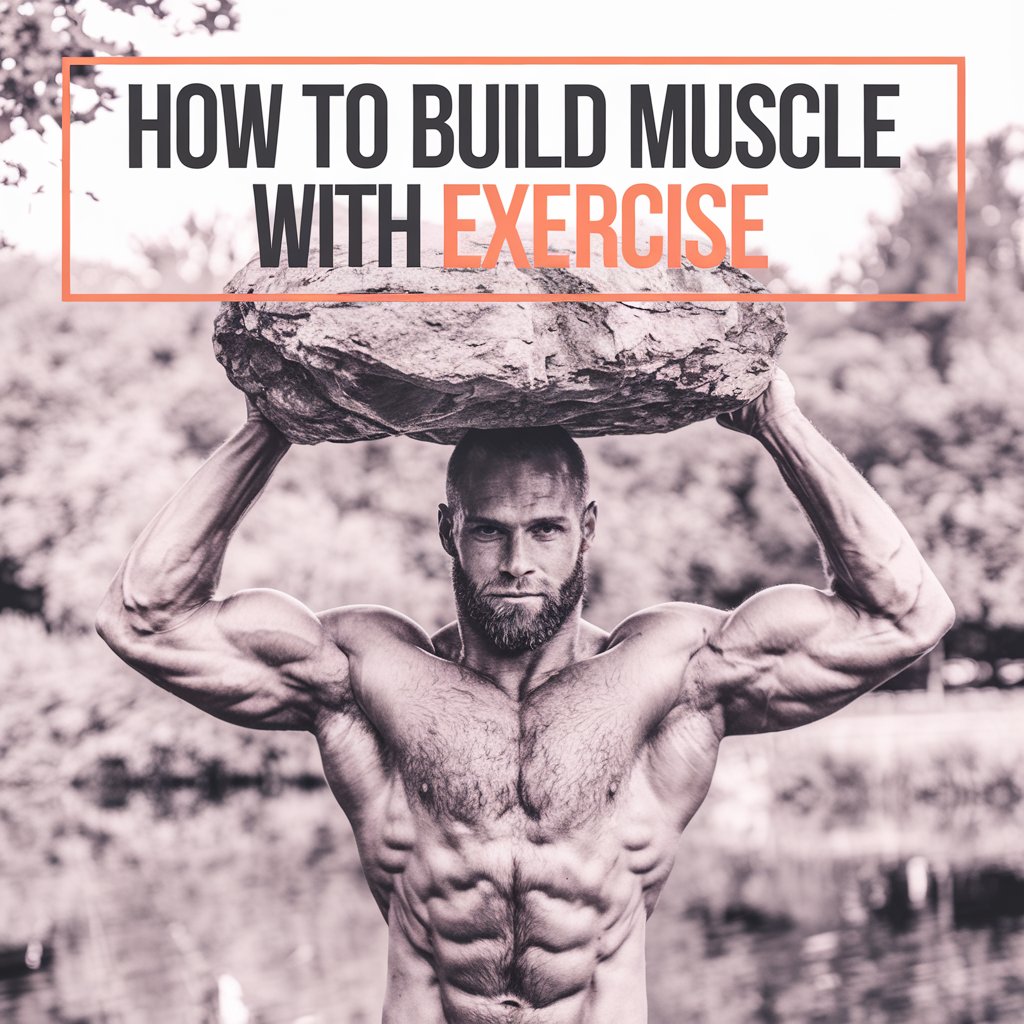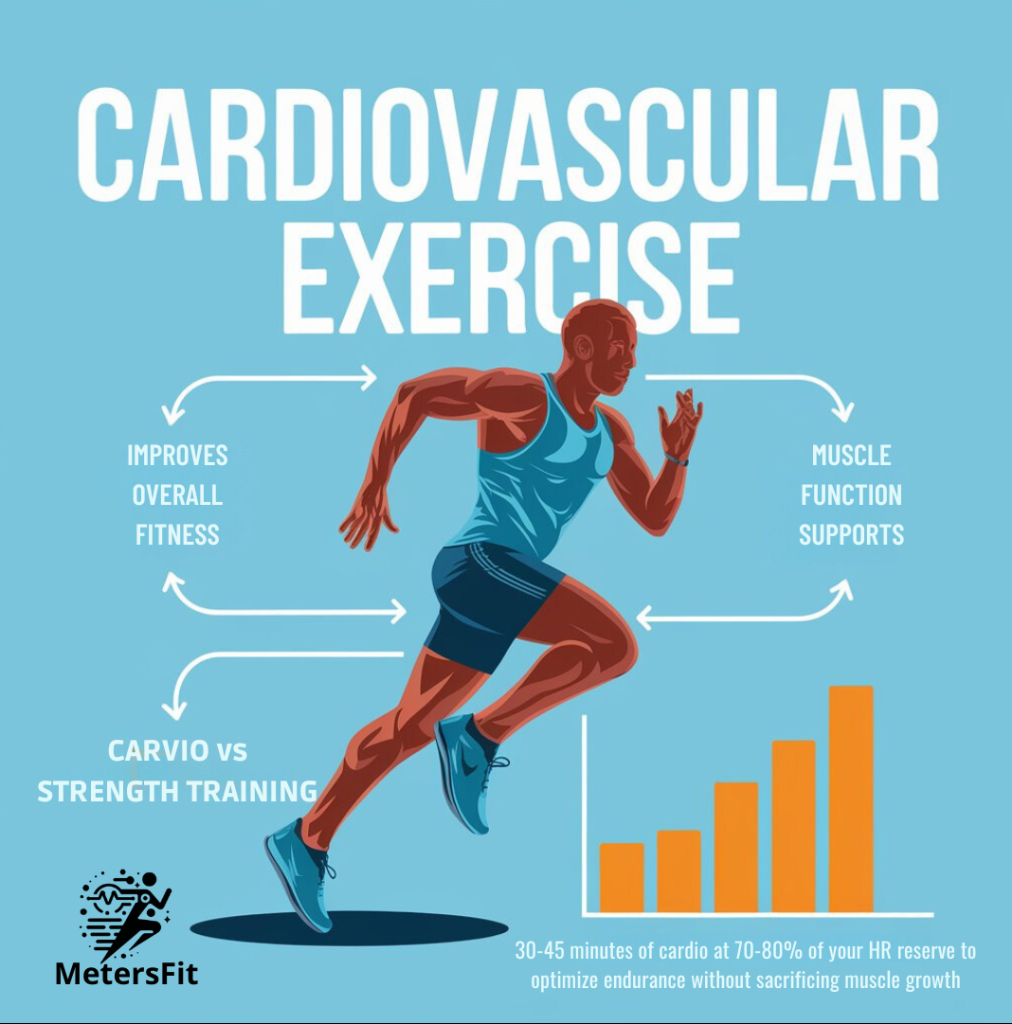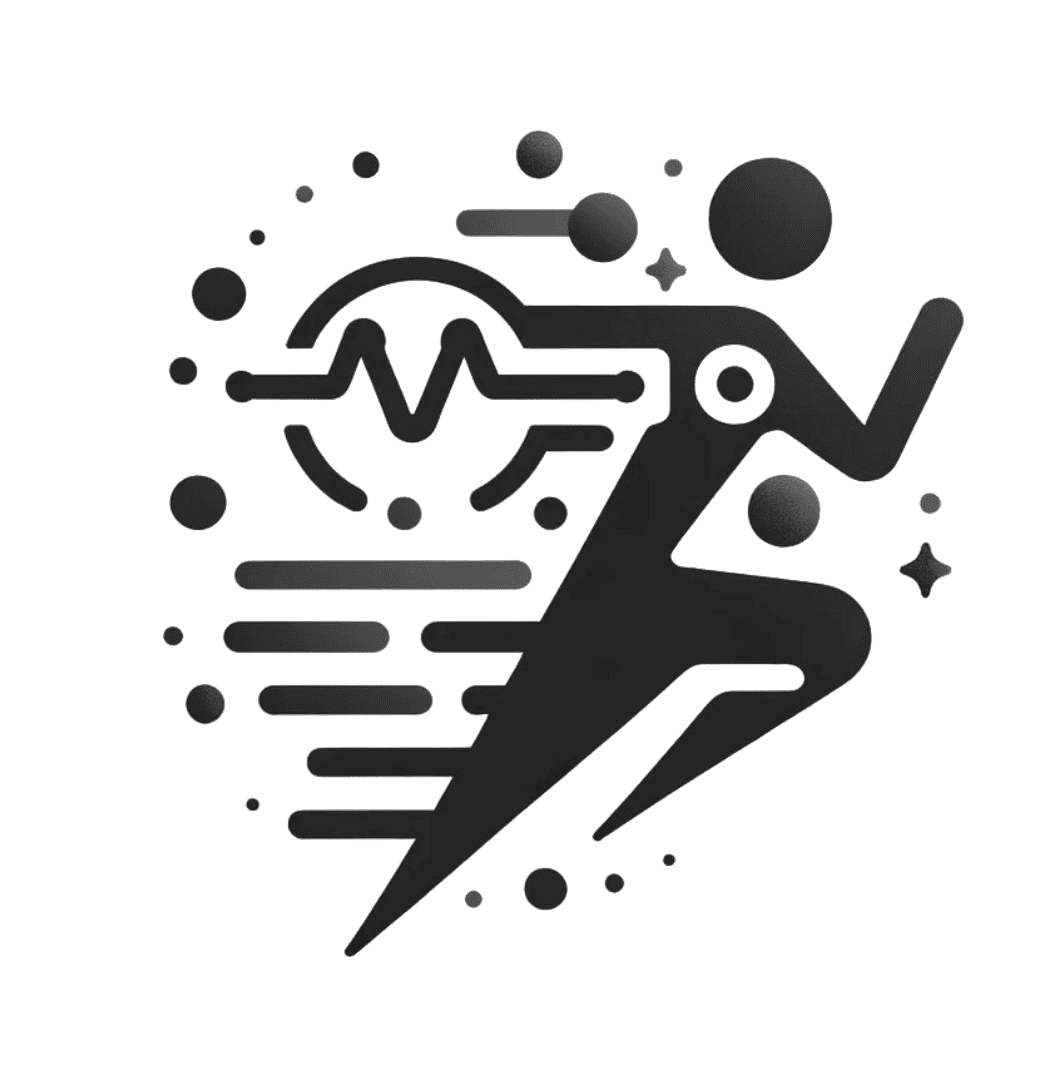How to Build Muscle with Exercise: A Beginner’s Guide
Building muscle takes more than just lifting weights — it’s a combination of smart exercise, nutrition, and rest. Whether you’re new to strength training or want to take your fitness to the next level, this guide will walk you through what you need to know to achieve sustainable results.

How Does Muscle Grow?
Muscle hypertrophy happens when your muscles repair themselves after being stressed during exercise. Resistance training causes tiny tears in your muscle fibers, and your body repairs these tears, making the muscles stronger and bigger. Factors like testosterone, growth hormones, and insulin growth factor influence this process. Genetics, age, and sex also play roles in determining how fast muscle growth occurs.
Strength Training: The Key to Building Muscle
To achieve muscle growth, consistency in strength training is crucial. It’s not enough to work out sporadically; you need to stick to a plan to see lasting results.
Strength Training Methods
- Lifting weights: Dumbbells and barbells are essential for targeting multiple muscle groups.
- Bodyweight exercises: Pushups, squats, lunges — simple but highly effective.
- Resistance bands: Perfect for home workouts and variety.
Incorporate these methods at least twice a week to engage all major muscle groups.
Cardiovascular Exercise
Cardio isn’t just for burning calories — it improves overall fitness and can even support muscle function. Aim for 30-45 minutes of cardio a few times per week at 70-80% of your heart rate reserve to optimize endurance without sacrificing muscle growth.

Rest: A Vital Part of Muscle Growth
Rest is often overlooked but is essential for muscle recovery and growth. Training too frequently without rest prevents your muscles from repairing and can lead to injury.
- Sleep: Get 7-9 hours of sleep to allow your body to properly recover.
- Rest days: Don’t work the same muscle groups two days in a row. Alternate days for optimal recovery.
The Role of Diet in Building Muscle
Your diet plays a massive role in building muscle. Without the right nutrition, your muscles won’t have the fuel they need to grow and recover.
Protein Intake
Protein is the foundation of muscle-building. Aim for 0.7-1.0 grams of protein per pound of body weight daily. Ideal sources include:
- Chicken, fish, eggs, tofu, lentils, and Greek yogurt.
Protein Timing
It’s important to get protein in after your workouts. Eating a protein-rich meal or snack within 30-60 minutes post-exercise helps in muscle recovery. Pair protein with carbohydrates for better energy replenishment.
Beginner Tips for Muscle Building
If you’re just starting, don’t worry. Follow these tips to get started safely and effectively:
- Warm up: Spend 5-10 minutes warming up to prevent injury.
- Start light: Focus on lighter weights until you master the form.
- Prioritize form: Proper form helps avoid injuries and maximizes results.
- Expect soreness: Muscle soreness is normal, but don’t overtrain.
Frequently Asked Questions (FAQs)
Can I build muscle with ulcerative colitis?
Yes, you can. Stick to light-to-moderate strength training, like squats and pushups, but consult with a healthcare provider before starting.
Should I work out if I’m injured?
No. Continuing to exercise with an injury can worsen the condition. Consult a healthcare professional for guidance on recovery.
Conclusion
Building muscle is a journey that requires the right combination of strength training, rest, and nutrition. Stay consistent, fuel your body well, and give yourself the recovery you need to see results. Remember, patience is key — it’s not about quick gains but sustainable progress.






